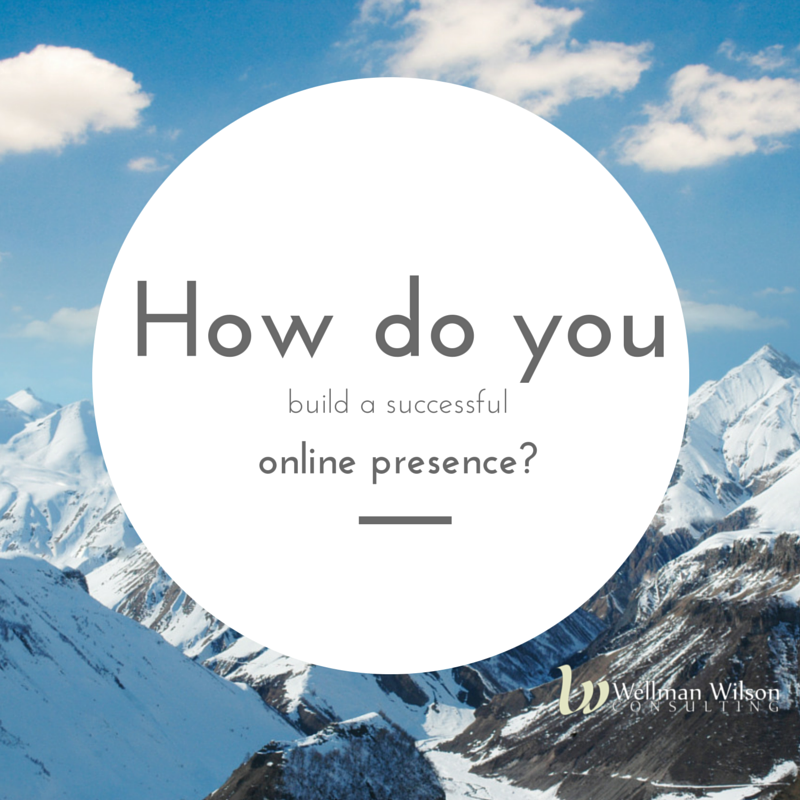We talk a lot about the value of having a plan when you’re creating content. Today I thought I’d talk a bit about how having themes for every day of the week for your Facebook page (or any of your social networks) can help you come up with content quickly.
What do you want people to know about?
First come up with some messages that you want to share with your audience:
- Do you want people to know that using your product will save them time?
- Do you want people to know that you cook amazing meals that are healthy?
- Do you want people to know that you’re an expert in renovating kitchens?
- Do you want people to know that hiring a realtor is better than trying to sell their house on their own?
Create a list of broad categories of things you want people to know about you – just 2 or 3. This is going to help make sure that what you’re sharing is helping you achieve your goals.
Assign a certain kind of content to each day of the week.
For example:
Sundays you can share an article from someone else. There are all kinds of people writing incredible content that back up what you want people to know – that healthy food made from scratch is good for you, that exercising every day is important, that selling your home independently won’t always save you money. Spend a bit of time right now finding four articles that talk about something you believe in that would be of interest to your audience.
Mondays you can share a tip. Spend some time writing down four tips that would help your audience i.e., cooking tips, marketing tips, productivity tips, etc.
Tuesdays you’re going to feature something from your website. Go and browse around your website - what are some interesting things you want people to know about? Is there a page that tells me why I should buy something? Is there a testimonials page? Is there a free tool I could download? Find four interesting things and save the URLs for those pages and explain why people should be interested in having a look.
Wednesday ask a question from your community. Maybe it’s something about their favourite products or tools, or maybe it’s something about how they overcome certain challenges. Jot down four.
Thursday we’re going to play with Throwback Thursday (#TBT). Do you have old photos in the archives? Pull up four and quickly tell the story about a great event, about your first year in business, or about how much technology has changed since you opened.
Friday share an article from your website. You probably have all kinds of great content on your blog. Go find it and share it again – it’s still relevant. Pick four now.
Saturday we’ll go with something lighter because people like light on the weekend. Are there any jokes or comics you could share? I’m a fan of going to Pinterest and typing in key words to find stuff like that to share. Find four of these.
Do you see what I did there? If you find four of each of those things, you have a month of Facebook content already written and ready to schedule. It will take an hour or two most likely, but once completed you will have great content ready for the entire month!
Leave me a comment and tell me what your daily categories would be and if you think this would work well for you and your content creation!






